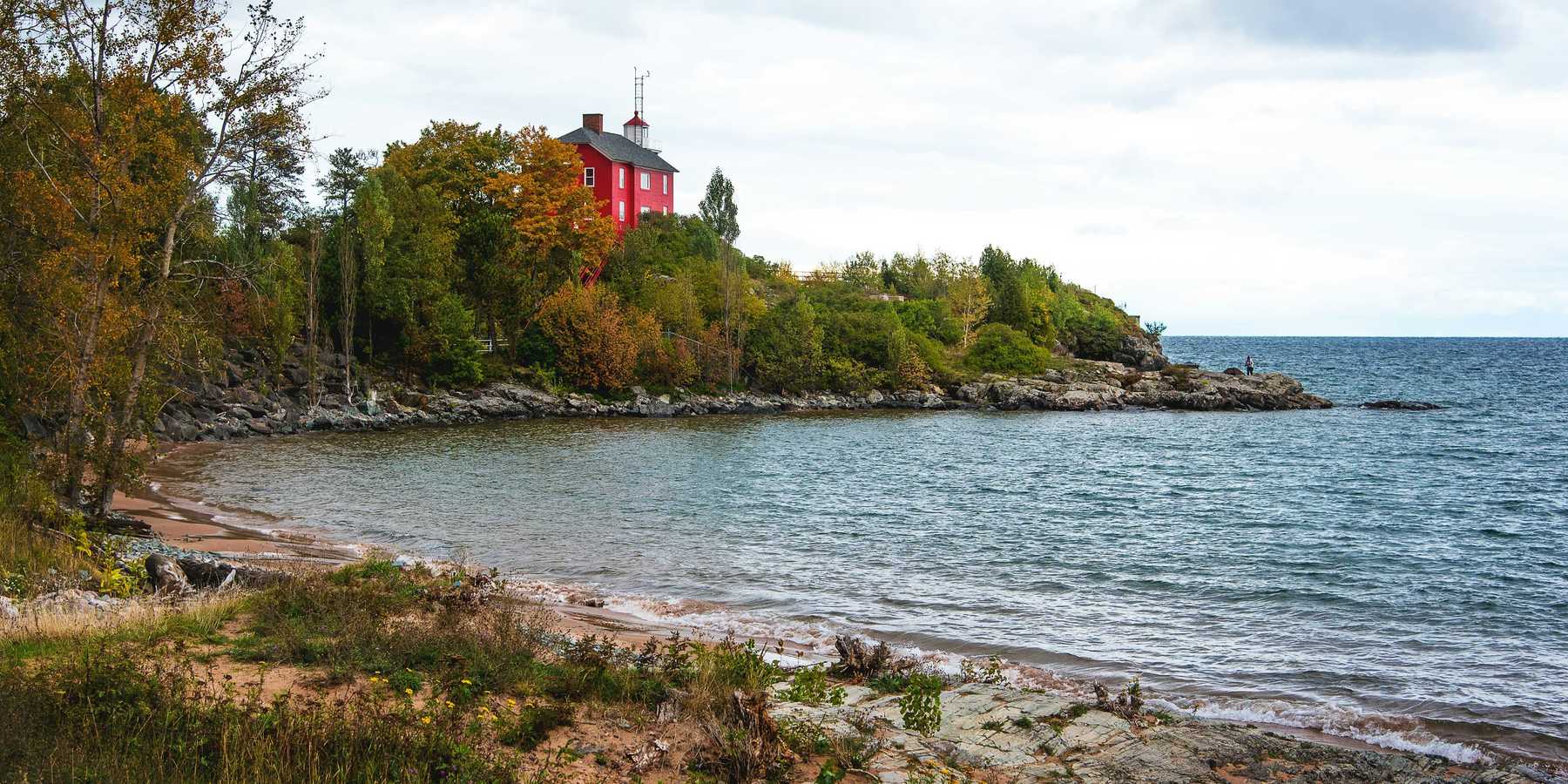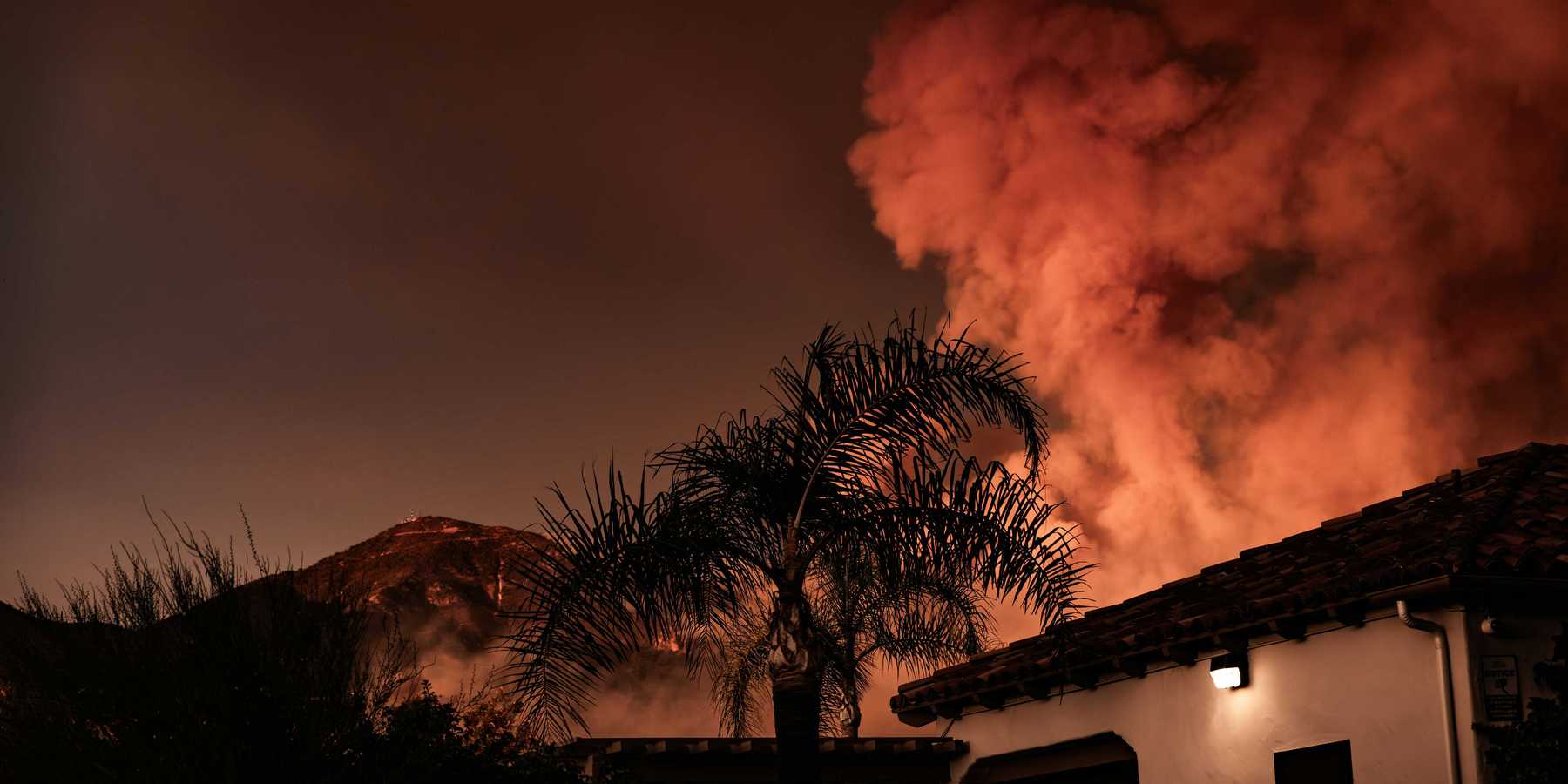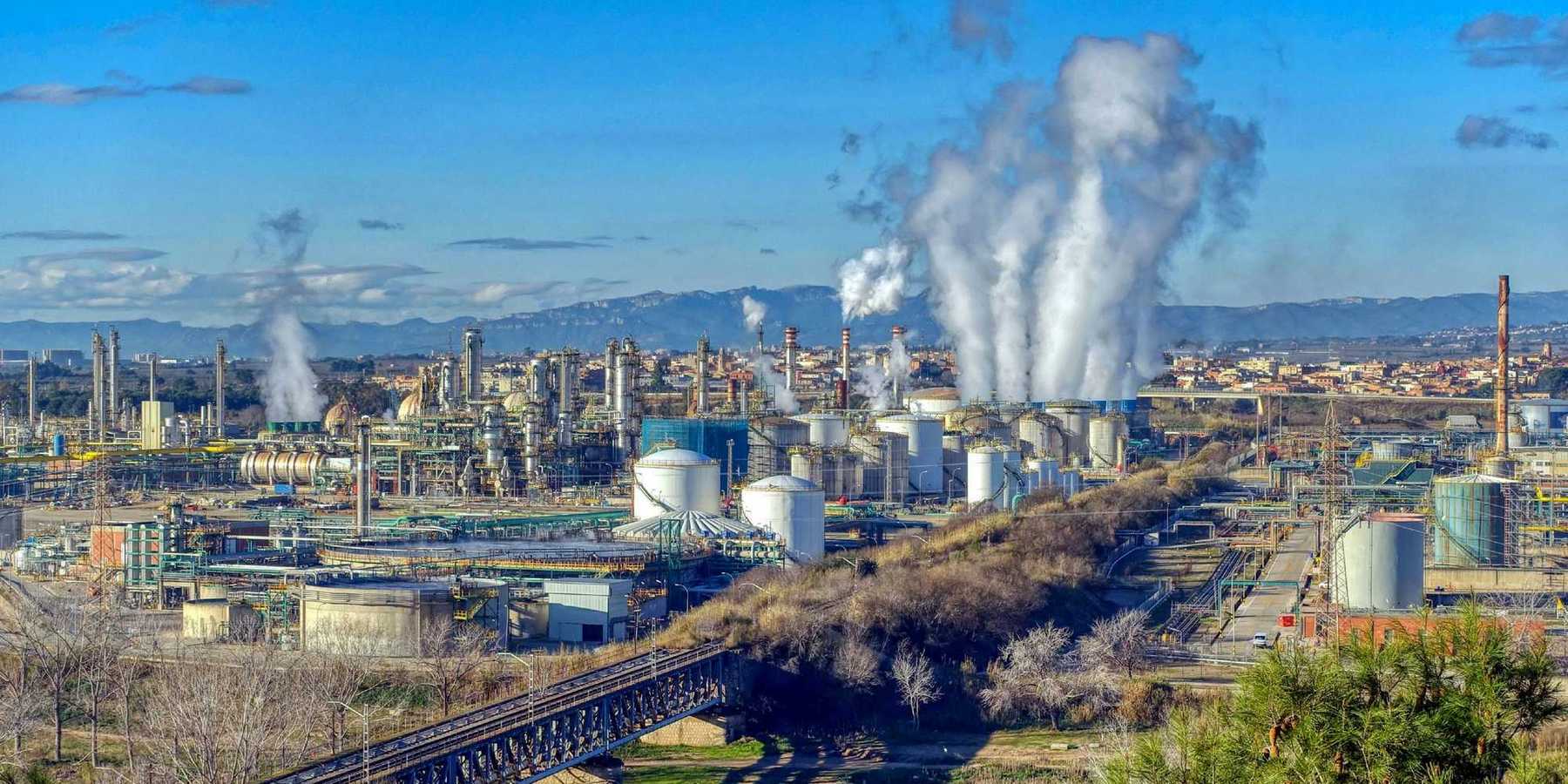Many New York City neighborhoods face high heat vulnerability this summer
As New York City braces for another hot summer, 80 neighborhoods are identified as highly vulnerable to heat, with many of these areas being low-income communities or communities of color.
Alastair Lee Bitsóí reports for Inside Climate News.
In short:
- A new Heat Vulnerability Index ranks 80 NYC neighborhoods as highly susceptible to heat, with 60-70% of residents from low-income or communities of color.
- Black residents are twice as likely to die from heat stress compared to White residents and have less access to air conditioning.
- Projections indicate a sharp increase in the number of days over 90 degrees Fahrenheit and heat waves by the 2030s.
Key quote:
“Heat vulnerabilities are really multifaceted and alleviating the Urban Heat Island Effect is a really important part of the equation. And, we want to achieve equity of canopy and vegetation.”
— Mike Treglia, lead scientist, Nature Conservancy’s New York State Cities Program
Why this matters:
These findings underscore a harsh reality: heat doesn’t impact all New Yorkers equally. The city’s infamous urban heat islands—areas that experience higher temperatures due to dense infrastructure and limited greenery—are disproportionately located in marginalized neighborhoods. Here, residents often lack the resources to mitigate the effects of heatwaves, such as air conditioning or access to cooling centers.













